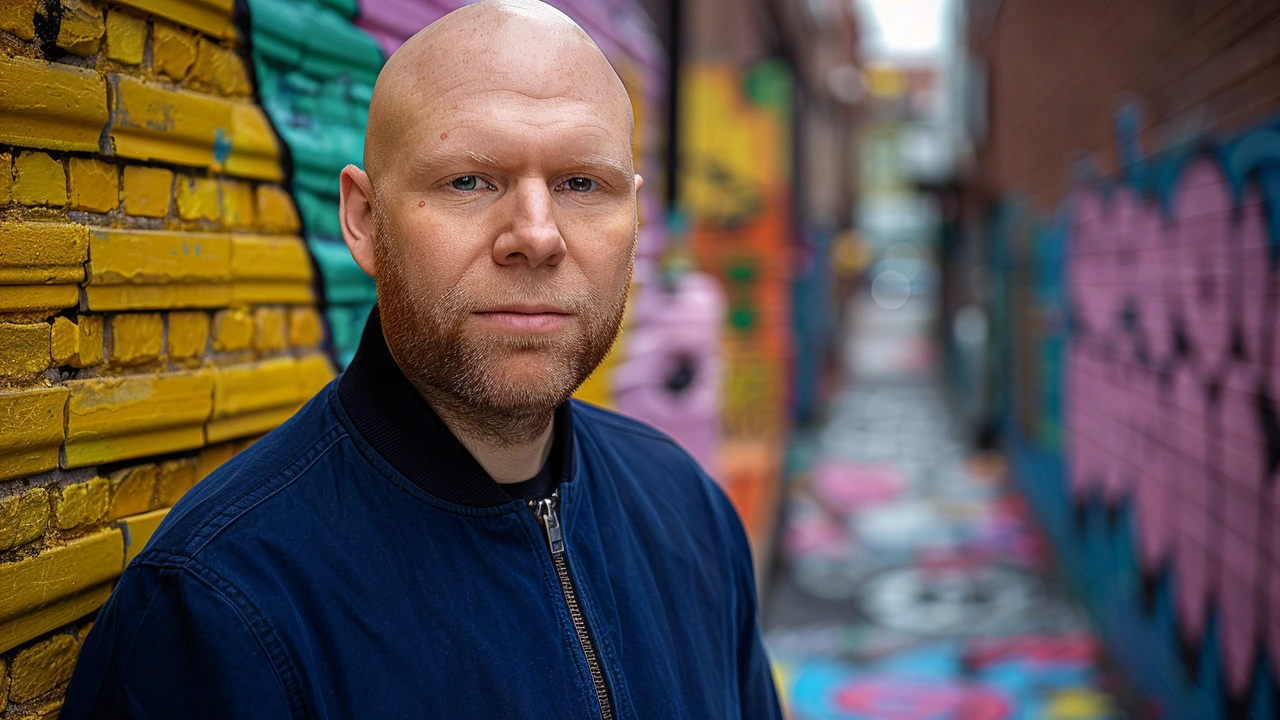Cancer: News, Prevention, Treatment, and Support
Cancer affects millions of people worldwide and every headline matters. Here you'll find clear, practical coverage of cancer news, research updates, prevention tips, and where to get help across Africa. We focus on facts you can use today — what to watch for, how treatments differ, and how to judge new studies and claims in the headlines.
Spotting warning signs early
Early detection saves lives. Watch for persistent changes: a new lump, unexplained weight loss, ongoing pain, unusual bleeding, a sore that won’t heal, or changes in bowel or bladder habits. These signs don't always mean cancer, but they deserve a prompt check with a doctor. For women, regular breast checks and Pap smears help catch problems early. Men should talk to their doctor about prostate checks if they’re at risk.
Screening options vary by cancer type: mammograms for breast cancer, Pap tests for cervical cancer, colonoscopies for colorectal cancer, and HPV vaccination to prevent many cervical cancers. If screening is recommended where you live, try to follow local guidelines — early tests are often free or low-cost at public clinics.
Understanding treatments and new research
Treatment choices depend on the cancer type, stage, and a person’s health. Common options include surgery, chemotherapy, radiation, targeted drugs, and immunotherapy. New research often brings better, less harsh options, but not every study changes treatment plans right away. Ask your doctor how a new finding applies to your case before making decisions.
When you read about breakthroughs, check the basics: who funded the study, how many people took part, and whether it was tested in humans or just in a lab. Big claims from small studies need time and follow-up research. Clinical trials can offer access to new treatments; talk to your oncologist about eligibility if standard care isn’t working.
Finding reliable info and support matters. Look for reporting that cites doctors, peer-reviewed journals, and respected health groups. Local cancer organisations like the Cancer Association of South Africa (CANSA) and national health departments can point you to screening programs, counselling, and financial support where available.
If you or a loved one is facing cancer, build a simple plan: get a second opinion for major steps, ask for clear explanations of risks and benefits, and keep a written list of symptoms and medications. Support groups, social workers, and patient navigators can make treatment easier to manage.
Bookmark this tag to follow the latest cancer coverage on Africa Daily Spectrum. Have a question or need a topic covered? Send us a note — we want to help you find clear, useful answers without the jargon.
- June 19, 2024
- Comments 11
- Entertainment

